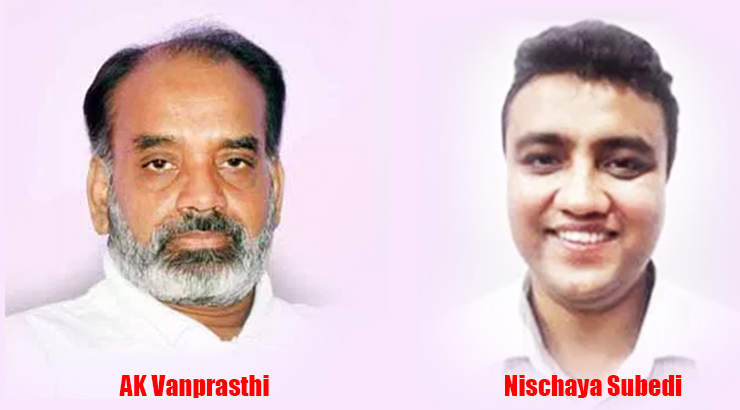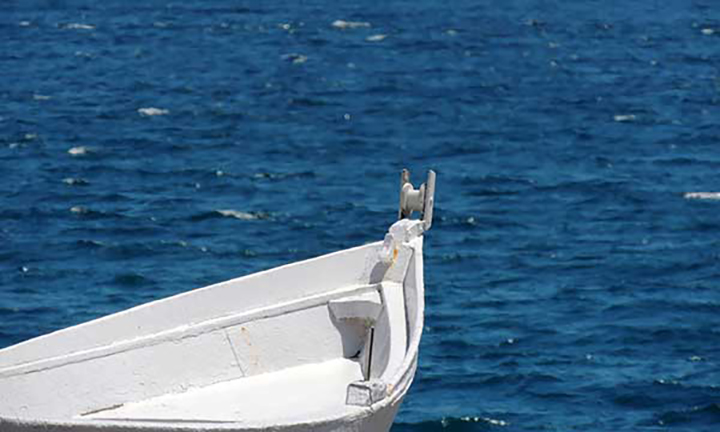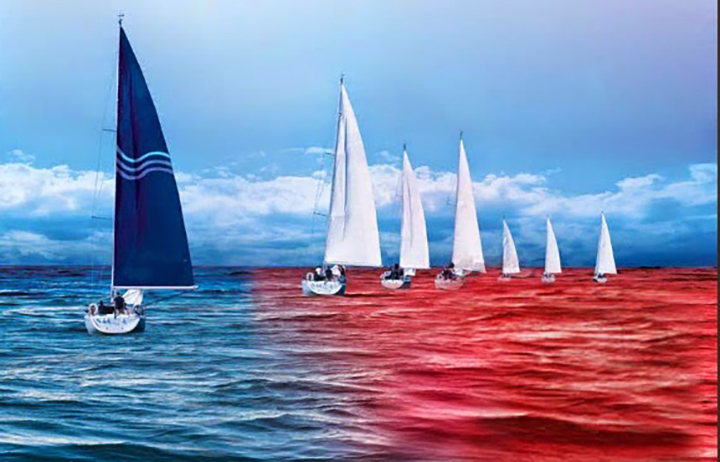
Our strengths should have been our Imagination but right now our strengths are being wasted in criticism and cynicism.
We were not the first and surely, it can be positively said, nor shall we be the last to have such an atmosphere of pessimism all around.
Imagine sleepy deserts where once robbers used to be on the rampage, killing and looting, which are now among the best tourist destinations and premier real estate development regions. Imagine the world’s richest drug lord’s home town which has now become a model city. Imagine a former Soviet region now known as one of the richest and most technologically advanced countries.
All these stories sound like fairy tales after having a very recent history of a burning hell. Does it sound familiar like our country Nepal and the hell hole that it currently is in? The terror, the corruption, and the tightening reins of our nation’s drivers to curb the voices of people seem to be all unbelievably true.

An architect or a town planner can imagine a beautiful city or a country. An artist can visualize a beautiful collage. Then what’s wrong with a strategist imagining and trying to shape an entire nation into a “blue ocean” beauty.
Two professors, W. Chan Kim and Renee Mauborgne, propounded their “blue ocean” marketing theory in their book “Blue Ocean Strategy” first published in 2004 and subsequently expanded and revised in 2015. Though not without criticism, the book has been dubbed by some critics “as a “classic book” and “a cornerstone of strategic management for the 21st century”.
In the book the professors discuss a novel marketing strategy, “blue ocean strategy”, which can “create uncontested market space and make competition irrelevant”. As against blue, “Red Ocean” is the market space where competition is for dominance and market share is fierce and vicious, to say the least. The dominant “ideology” of “red ocean” is zero sum game — a competitor’s net gain is another’s net loss.
Even entire countries have become trapped in the “red ocean”. In Nepal we can compare this fact with all the comparisons being made on different indicators of development of this country; be it the basic Income between countries, the currency exchange rates, the poverty status, the literacy rate, import export deficits, levels of industrialization, and a host of other indicators.
Just a look at these metrics makes any one wonder in despair if there is any way our country can become free from this vicious cycle of underdevelopment compared to our neighboring countries or the world’s most developed nations. If this is not a “red ocean”, what is? The entire country appears to be a place where you are so squeezed by your competitors that you end up feeling helpless to survive.
Any observer of the state of the nation can sense that Nepal is really struggling to survive and all citizens in one or the other way share this feeling. Otherwise why is there so much mass migration of labor as well as talented and developed minds from this country to the West or to the neighboring countries? We all feel squeezed, don’t we?
It appears that hardly anyone in this country has thought about a turnaround from an intellectual point of view like a blue ocean strategist. These strategists are both realists and dreamers in equal measure.
To blue ocean strategists, a single strategic move is adequate to create a shock wave enough to turn around an economy.

Take for instance the case of the former Soviet Union country Estonia, a poor country near the edge of Baltic Sea. The Estonian government identified the internet as their future and low taxation rates as the way to technologically advance the nation’s entire systems. They decided to bring people from outside to make those internet based systems. The strategy worked well and fully engulfed that nation in such a way that it has become one of the richest and most prosperous technological nations of the world with one of the highest per capita incomes.
Would that nation Estonia have become such a rich nation with one of the highest per capita income if they had just compared their country’s metrics with those of their bigger neighbors and the most developed ones? Perhaps the emphatic answer is: no.
Another instance that can be cited is that of Colombia, a nation in South America. Colombia’s second largest city Medellin was once the world’s murder capital with 16 people murdered on average day in 1991 and was also the home to once the world’s richest drug lord Pablo Escobar.
How could such a city transform itself when it compares with its sins and its poverty to the bigger cities or nations of the world? But they did just that in a matter of two to three decades by focusing on local technological innovations such as cable car transportation and using its citizens’ creative energies to develop business and be the protector of its technological innovations.
They all are a result of an elaborate blue ocean strategy to re-frame the questions about what development means to these fallen nations. The answers to those re-framed questions helped them become developed countries. The answers they followed were based on blue ocean strategies. This is the power of imagination to re-frame the world as not just a comparative space but a space where you can imagine and create your own reality.
If you see the history of recent economic and technological rise of many countries, they didn’t rise merely by comparing with the metrics of other countries but by creating an entire new vision and mission with a new way to do things to be successful.
The emerging norm of the new world order is different. We don’t become successful — whether as individuals or as nations — by copying others’ way of living. Rather, we become successful by creating an entirely new idea from our own internal beliefs and learning from our internal history and sufferings.

In that sense, we may have been pushed to the corner by everyone. However, a blue ocean strategist can see the world clearly through a different prism or in a “blue ocean” pocket. The strategist can put him or herself or even the entire nation in an entirely new “blue ocean” perspective and create an entirely new space.
The strategist can create “blue ocean” space for the whole country, which would be the space where things can be reinvented in a way so as to facilitate growth and turn the country into the most vibrant and powerful country in our own eyes. There won’t be any need to compete in the vicious “red ocean”.
It doesn’t take a rocket scientist to learn these things. The principle has been used by many nations and regions already. Within one to two decades they have become some of the model nations or regions of the world such as Estonia, Thailand, and Dubai by following the blue ocean strategy.
Haven’t you got fed up with the state of this country? Look from the eyes of a politician, or an anarchist or a revolutionary. Or, better look from the eyes of an “evolutionary”, who is someone who would like to go from a red ocean era to a blue ocean era.
People already call this place a Shangri-La. It’s already got a lot of identity from a lot of things it has. However a kind of sadness still persists for all those who are concerned with the state of the nation. It seems like this sadness is older than these mountains and hills covering us. But all we have got to do as a landlocked country is to set aside these hills from our eyes and set the sight at the “blue ocean”.
(A writer and analyst, AK Vanprasthi is the Consulting Managing Editor of Pariwartankhabar.Com. He has worked in senior positions in the financial sector in the past. Nischaya Subedi is a Consultant Strategic Manager based in Kathmandu. He holds a B.E. degree in mechanical engineering and an MBA.)










